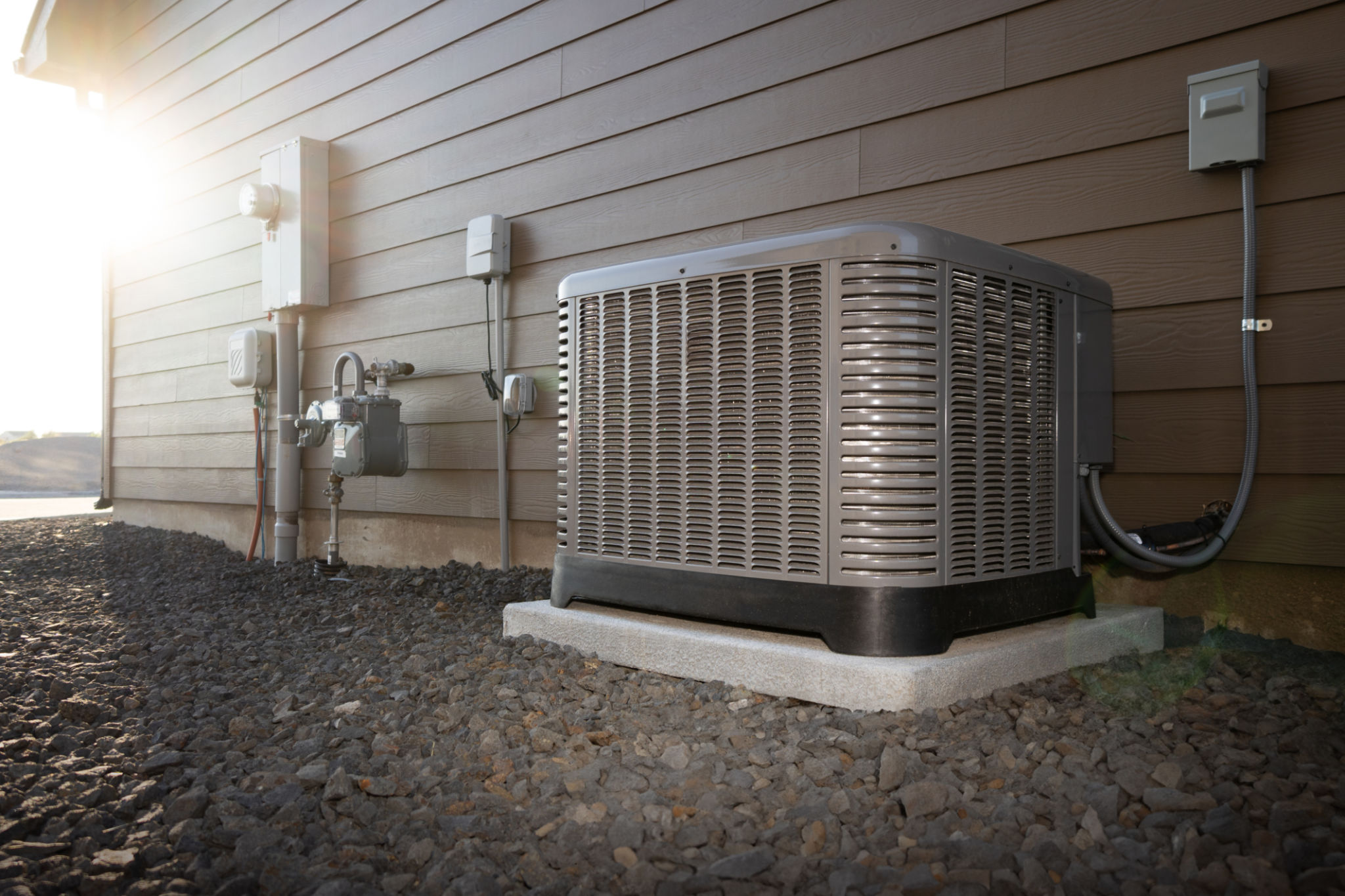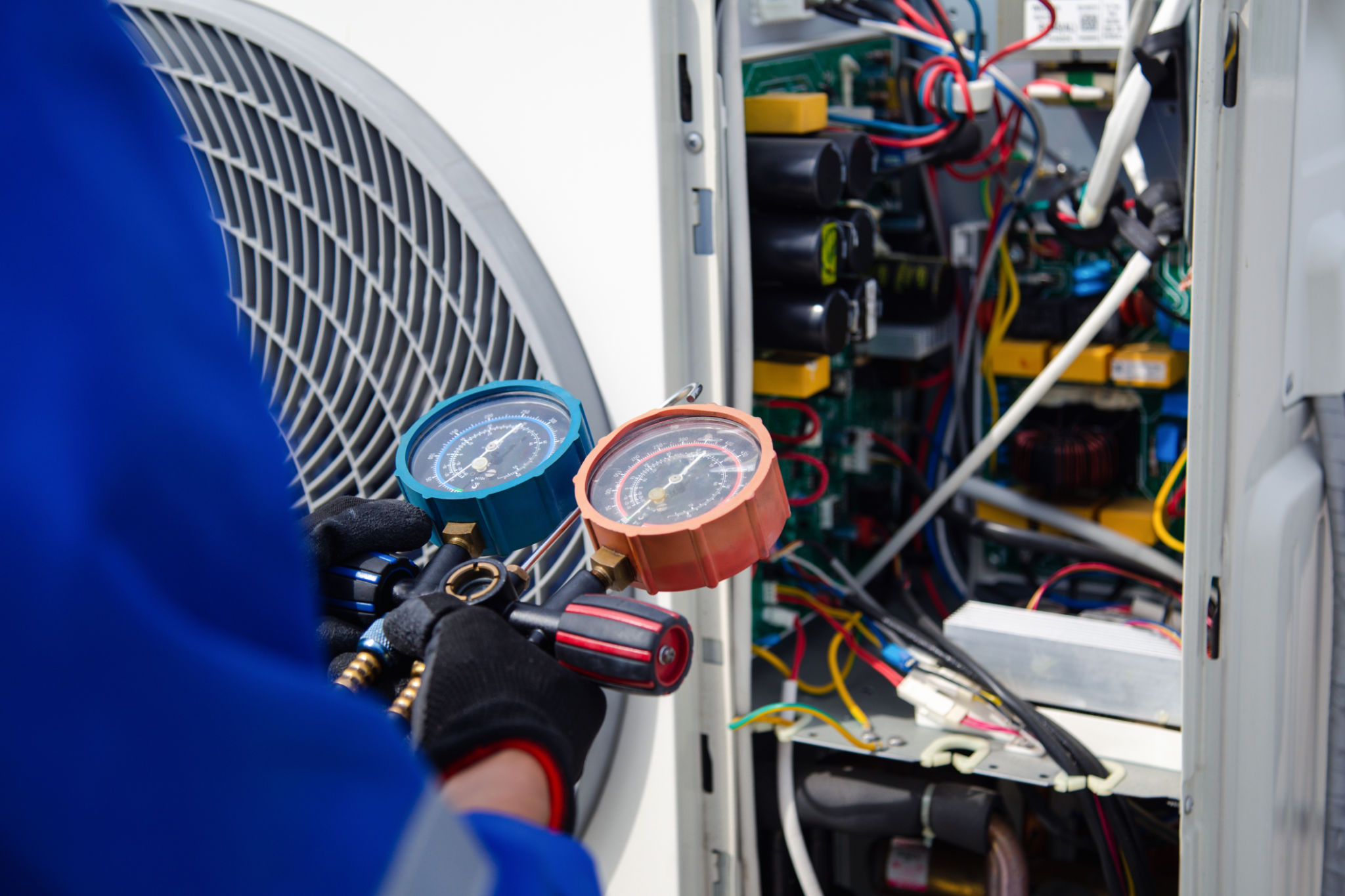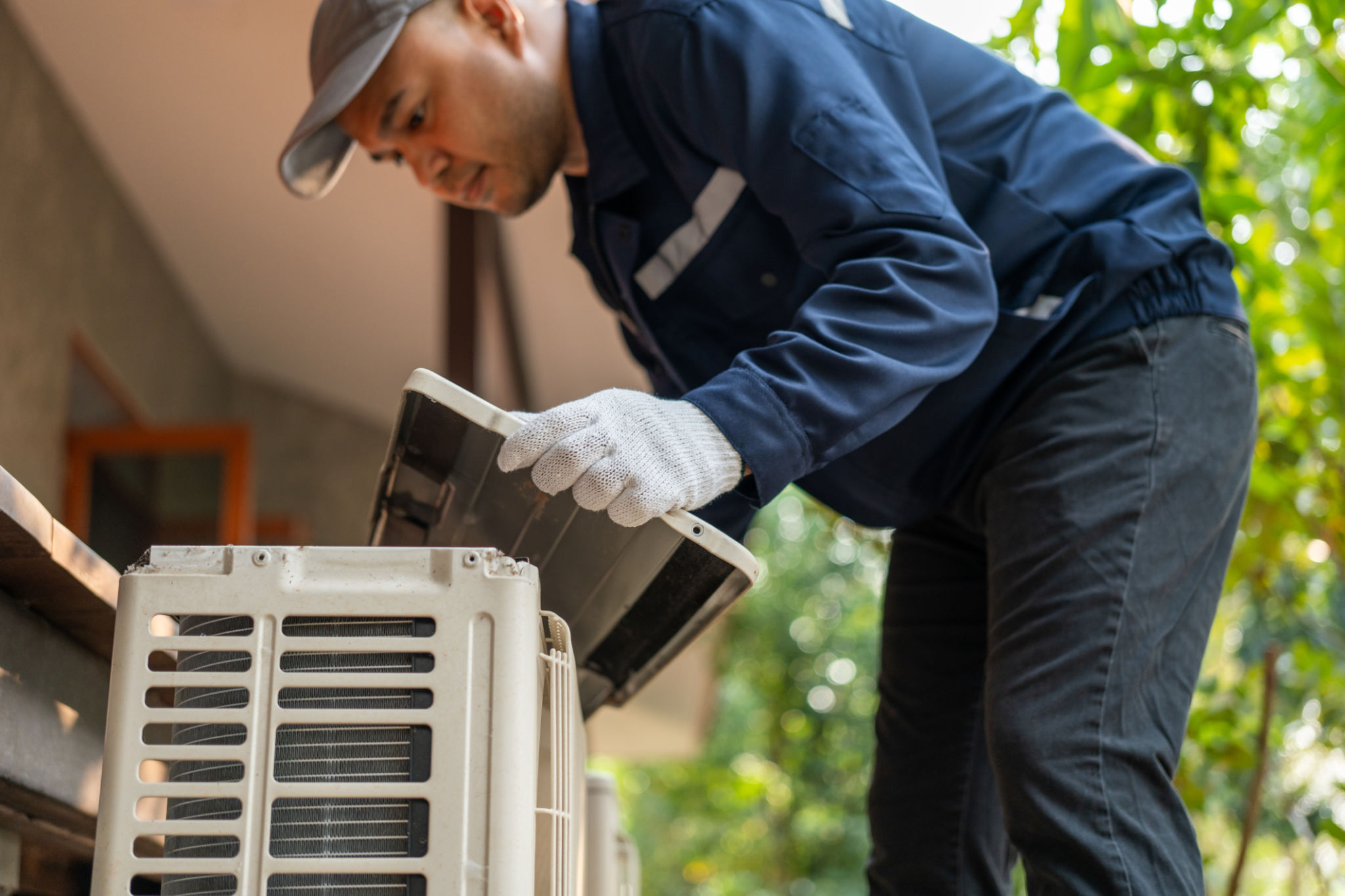DIY Tips for Basic Air Conditioning Repair
Understanding Your Air Conditioning System
Your air conditioning system is an essential component of your home, providing much-needed relief during the sweltering summer months. Understanding its basic parts and functions can help you troubleshoot and perform minor repairs yourself, saving both time and money. The key components include the compressor, condenser, evaporator coil, and blower fan.

Common Issues and Simple Solutions
Problem: AC Not Cooling
If your air conditioner is running but not cooling, there are a few things you can check before calling a professional. First, ensure that your thermostat is set correctly. It should be set to "cool" and the temperature should be lower than the current room temperature. Also, check the power supply to the unit and make sure the circuit breaker has not tripped.
Next, inspect the air filter. A dirty filter can block airflow and reduce efficiency. Replace or clean the filter if necessary. Additionally, examine the outdoor unit for any obstructions like leaves or debris that could impede airflow.
Problem: Water Leaks
Water leaks can often be traced back to a clogged condensate drain line. To fix this, locate the drain line's access point near the indoor cooling coil. Use a wet/dry vacuum to remove any blockage. Regular maintenance of the drain line can prevent future leaks.

DIY Maintenance Tips
Check and Clean the Coils
The evaporator and condenser coils should be cleaned annually to ensure efficient operation. Dirt and debris can accumulate on the coils, reducing their ability to absorb heat. You can clean the coils using a soft brush or a specialized coil cleaner from your local hardware store.
Be sure to turn off the power to your air conditioning system before cleaning. Allow the coils to dry completely before turning the power back on.

Regular Filter Replacement
Replacing your air filter regularly is one of the simplest yet most effective ways to maintain your air conditioning system. Depending on usage, filters should be changed every 1-3 months. A clean filter improves air quality and system efficiency.
- Monthly: Check the filter's condition.
- Every 1-3 Months: Replace with a new filter.
When to Call a Professional
While these DIY tips can help with basic issues, some problems require professional attention. If you notice unusual noises, persistent leaks, or if your system is still not functioning correctly after troubleshooting, it’s time to call in a certified HVAC technician.
Regular professional maintenance can extend the life of your air conditioning unit and ensure it operates efficiently throughout its lifespan. With proper care and timely repairs, you can enjoy a comfortable home environment year-round.
